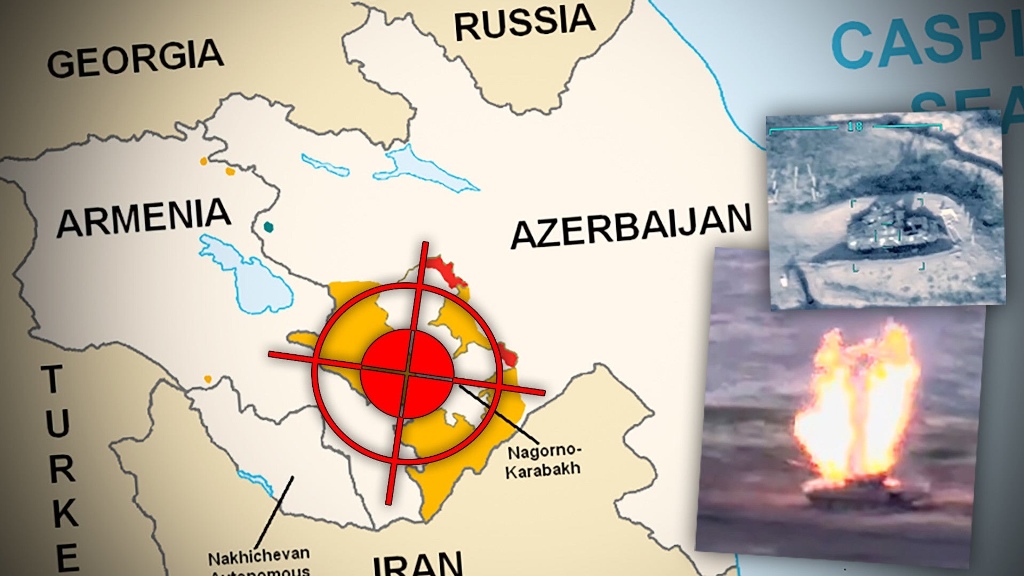Headlines:
- An Asian NATO
- Nagorno-Karabakh Erupts
- Lebanon Prime Minister-Designate Resigns
An Asian NATO
US Deputy Secretary of State Stephen Biegun has suggested that the informal partnership between the US, Australia, Japan, and India could be the beginning of a NATO-style alliance in the Indo-Pacific. The four countries, known as the Quad, already regularly hold military drills together in the Pacific. On August 31st, Biegun spoke at the US-India strategic dialogue and discussed the possibility of forming such an alliance with the Quad. “It is a reality that the Indo-Pacific region is actually lacking in strong multilateral structures. They don’t have anything of the fortitude of NATO or the European Union,” Biegun said. “There is certainly an invitation there at some point to formalize a structure like this.” The consensus in the US is China is the number one threat to US global hegemony. This has led the US to consider forming a NATO type alliance in Asia to counter a rising China.
Nagorno-Karabakh Erupts
Fighting erupted between Azerbaijan and ethnic Armenians in the contested mountain enclave of Nagorno-Karabakh. Officials in Nagorno-Karabakh said 26 more of their soldiers were killed bringing the total of dead Nagorno-Karabakh troops to 84. Eleven civilians have been reported killed in the fighting, nine on the Azerbaijan side, and two on the Armenian side. Armenia and Azerbaijan, both post-Soviet states, have been locked in a territorial dispute over Nagorno-Karabakh for decades. The fighting risks sparking a wider regional conflict, with Turkey throwing its support behind Azerbaijan. On Monday, Turkey President Recep Tayyip Erdogan demanded Armenia end its “occupation” of Nagorno-Karabakh. Russia has a mutual defence pact with Armenia and has military bases in the country. But Moscow also enjoys friendly ties with Azerbaijan and does not seem interested in getting drawn into the conflict. Russia urged both sides to show restraint and called for a ceasefire in Nagorno-Karabakh.
Lebanon Prime Minister-Designate Resigns
In a televised address, Lebanese Prime Minister-designate Mustafa Adib announced he was resigning less than a month after being appointed to the position on Aug. 31 to form a government. Lebanon is dealing with multiple political and economic crises. The Beirut Port explosion sparked outrage among the country’s citizens, who have been demanding change. Lebanon’s government formation has once again fallen apart due to sectarian infighting, which has made it near impossible to pass any big government decisions, let alone the sweeping political changed needed. One major barrier this time was a dispute between the country’s Shi’ah leaders and their Sunni and Christian counterparts over the former’s attempt to retain ownership of Lebanon’s lucrative finance ministry.

